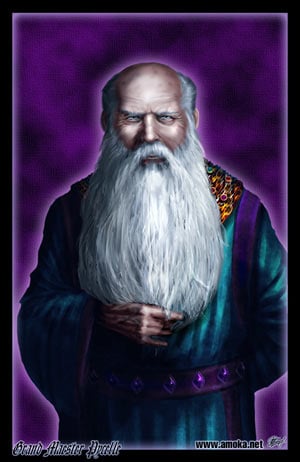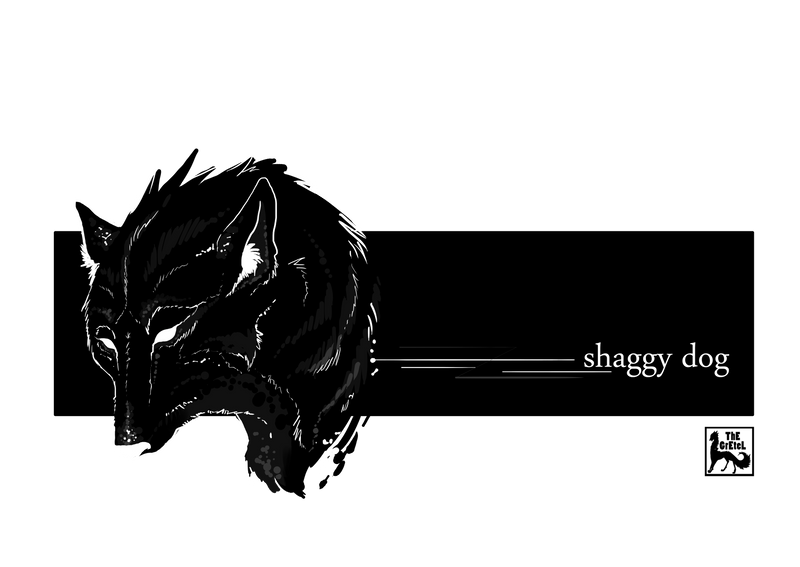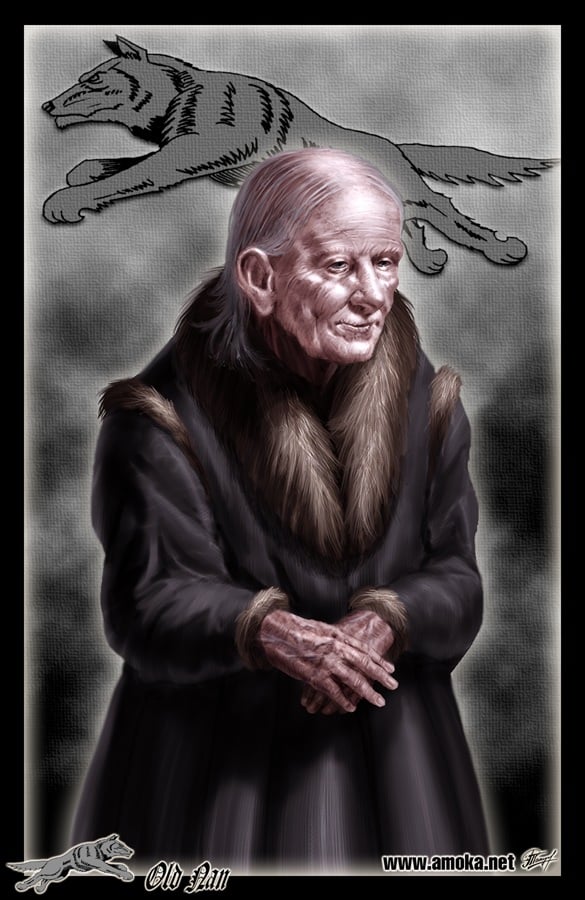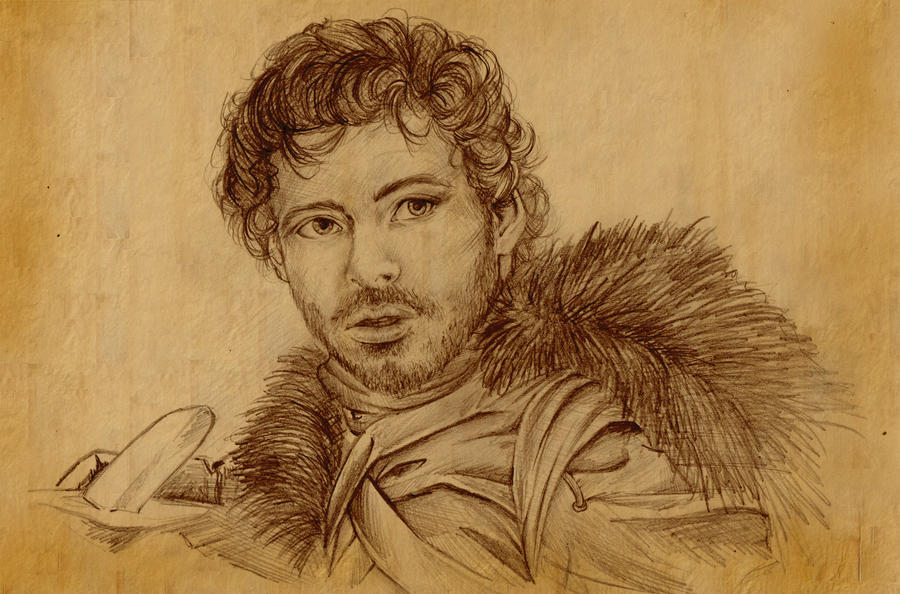This chapter starts off with Ned discussing the death of Jon Arryn with Grand Maester Pycelle. Pycelle is an elderly man and has been serving as Grand Maester to the King for nearly 40 years. Pycelle states that he thinks Lord Arryn was ill for a time but Pycell just assumed it was the burdens of running the Seven Kingdoms, he also had family issues with his son being sickly and his spouse Lysa being high strung that was troubling the former Hand of the King.
Yet literally a moment later when Ned asks him about Arryn’s final sickness Pycelle says he came to him one day seemingly fit as ever and the next morning he was doubled over in pain too sick to get out of bed. Pycelle claims he dismissed Colemon as he is less experienced and didn’t have as much understanding of treating elderly people as Pycelle.
OK I have absolutely no medical training or experience.. So I googled the phrase “Chill on the Stomach” and I got this as a result:
Together, chills and abdominal pain may be the result of a number of infectious conditions, both bacterial and viral.
Conditions associated with abdominal pain and chills include:
- appendicitis
- bacterial or viral gastroenteritis
- common cold
- infectious mononucleosis
- influenza (flu)
- malaria
- meningitis
- pneumonia
- urinary tract infection
OK so there are a good number of issues that Lord Arryn could have had that lead to his death.. Until you consider the fact that Maesters in Westeros are the equivalent of Physicians in their world, and Grand Maester Pycelle should be one of the most knowledgeable and experienced in the land.
So let's take a look at that list again..
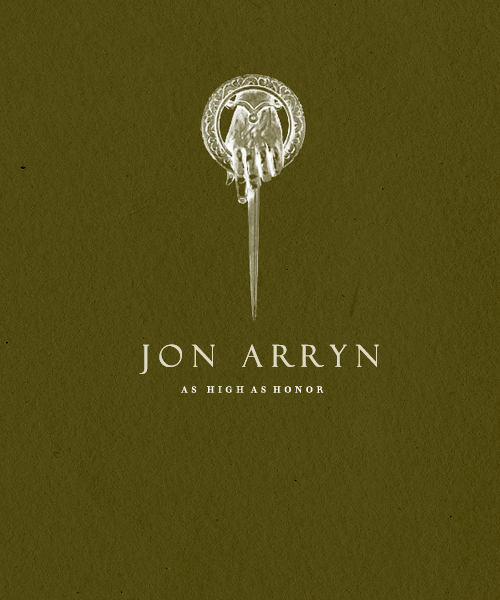 |
| As High As Honor or As Dead As A Doornail |
First if Lord Arryn had a appendicitis or a UTI he would have had a LOT of discomfort prior and wouldn’t have looked as “hale and healthy as ever” the day before. So we can cross those off the list.
Signs and symptoms for Malaria show up a one to three weeks prior to the infection. So again Jon Arryn wouldn’t have looked healthy the day prior.
With meningitis Lord Arryn would have had headaches, yet Pycelle doesn’t mention any symptoms other than a chill on the stomach, so that's out. Additionally some obvious physical signs rule out some of the others on the list. Pneumonia is a sickness that hits the lungs so again Arryn would have had obvious respiratory issues. Mononucleosis (Better known as Mono) has obvious signs like the swelling of the lymph nodes in the neck for one. Gastroenteritis would be accompanied with vomiting and diarrhea, and would have been gradually building up. So again he would have discomfort prior and more than likely would have sought out the aid of a maester.
This just leaves the common cold and influenza. Now a funny thing about the flu, it has the name influenza due to the fact that people back in the day thought it was influenced by the cold. Considering this chapter opens up with Pycelle rambling about how this is the hottest summer in recent memory, the flu isn’t too likely a suspect. This just leaves the common cold, which wouldn’t be too likely to cause him to be unable to get out of bed, so either it was something Pycelle had never seen before or he is just trying to feed Ned a line of BS..
So why is all this important? Well first, it shows Maester Colemon actually figured out that the Hand of the King was poisoned. According to Pycelle Maester Colemon was using wasting potions and pepper juice trying to purge Lord Aarryn. Pycelle claims that out of concern that Jon Arryn being elderly may have been killed by Colemons treatment dismissed him and took over care for the Hand of the King.
Is this true? Or was Maester Colemon having success and Pycelle intervened to ensure the poison finished off Jon Arryn? Pycelle never mentions the measures he took in Lord Arryn’s treatment beyond that when he thought he was beyond all help he provided milk of the poppy so Jon Arryn wouldn’t suffer in his passing.
Another thing that doesn’t seem to bother Pycelle is that many of those conditions are diseases that if not kept in check could easily turn into epidemics, especially in a word like Westeros where they have yet to invent penicillin or other modern forms of medicine. Malaria thrives in hot environments where there is poor sanitation and lots of people. So a potential breakout should be a big concern for Pycelle, but he doesn’t even mention it. Hell even Lysa kept Robert Arryn away out of fears that the boy might fall ill.
Lastly if Jon Arryn came and visited Pycelle literally the day prior to get a book and something was troubling him, even if he had already addressed the situation with Maester Colemon, it seems likely that he would have gotten a second opinion from Pycelle.
Even King Robert noticed the situation with his Hand, in the Crypts below Winterfell he said to Ned:
Robert:I’ve never seen a man taken sicken so quickly.”
Robert: “The sickness was like a fire in his gut, it burned right through him.”
So if anything this should convince Ned that the warning in the secret message Lysa sent to him was indeed the truth. Jon Arryn was poisoned. It should also lead Ned to at the least suspect that Pycelle is at the least guilty of incompetence and at worst an accomplice in the death of Jon Arryn.
Ned even asks Pycelle if he ever seen something similar and Pycelle feeds Ned a big heaping steaming pile of BS.
Pycelle: “I will tell you this: Every case is different, and every case is alike. Lord Jon’s death was no different than any other.“
When Ned suggests it may have been poison Pycelle seems almost shocked at the suggestion and even throws suspicion at Lord Varys noting that the Spider comes from Lys where poisons are more commonplace. When asked if the Queen was with the King at the time of the death of Lord Arryn Pycell indicates she wasn’t as she was on the road with the family on the way to Casterly Rock.
After the brief discussion Ned asks Pycelle for the book that Lord Arryn wanted and Pycelle says he will send it to Ned.
The bottom line is that either Pycelle is no longer fit to do his job as he may be getting old and senile, or he put the final nail in the coffin of Jon Arryn by dismissing Maester Colemon and denying proper medical treatment and thus allowing the poison to kill the Hand of the King..
Now on the way back to his chambers Ned comes across Arya who is practicing balancing exercises. Arya asks what will become of Bran and Ned tells her that he won’t ever get to live his dream of becoming a knight but there are a lot of other paths in life that he may take. Arya asks if she will ever be able to do some of the things Ned suggests Bran may do and when Ned tells her that she will become a queen and rule a castle, and her sons will become knights and princes, Arya disagrees and tells her father that is Sansa fate, not her. She then immediately goes back to practicing her balance exercises in her training for being a water dancer.
When he finally gets back to his chambers he is visited by Littlefinger. Unlike Pycelle who seems to be trying to impede or at least deflect Ned’s investigation Littlefinger has found a few leads for Ned to follow.
A pregnant kitchen girl hastily wed to one of Lord Renly’s grooms, a stablehand who joined the City Watch, a potboy discharged from service for theft, and Lord Arryn’s squire.”
This is fortunate as the rest of the Arryn servants returned to the Vale with Lysa. As Ned decides he will send for them Littlefinger points out that he is being watched by servants of both Varys and Queen Cersei.
Littlefinger then asks Ned the following:
“Is there a man in your service that you trust utterly and completely?”
Ned replies with a simple yes and Littlefinger tells him the wiser answer was no. But he suggests Ned sends this person to the leads as Neds movements are being watched.
The chapter ends with the following passage:
“Lord Petyr,” Ned called after him. “I … am grateful for your help. Perhaps I was wrong to distrust you.” Littlefinger fingered his small pointed beard. “You are slow to learn, Lord Eddard. Distrusting me was the wisest thing you’ve done since you climbed down off your horse.”
In truth Ned, without realizing it, has just admitted he wouldn’t expect betrayal to come from anyone in his own house. This is also pretty telling of how easy it is to get in on Neds good side, but this is a plan that Littlefinger seems to do quite often.
Provide some assistance in someway to win favor and then use that social capital and trust he has built up to get some sort of advantage be it to remove himself from suspicion or to put himself in a spot of greater power and influence. I’ll point this out in future chapters as we continue. But for now it’s enough to know that this is all part of how Littlefinger sets up people to be deceived or to position himself to be able to move into a place of greater power and influence.

